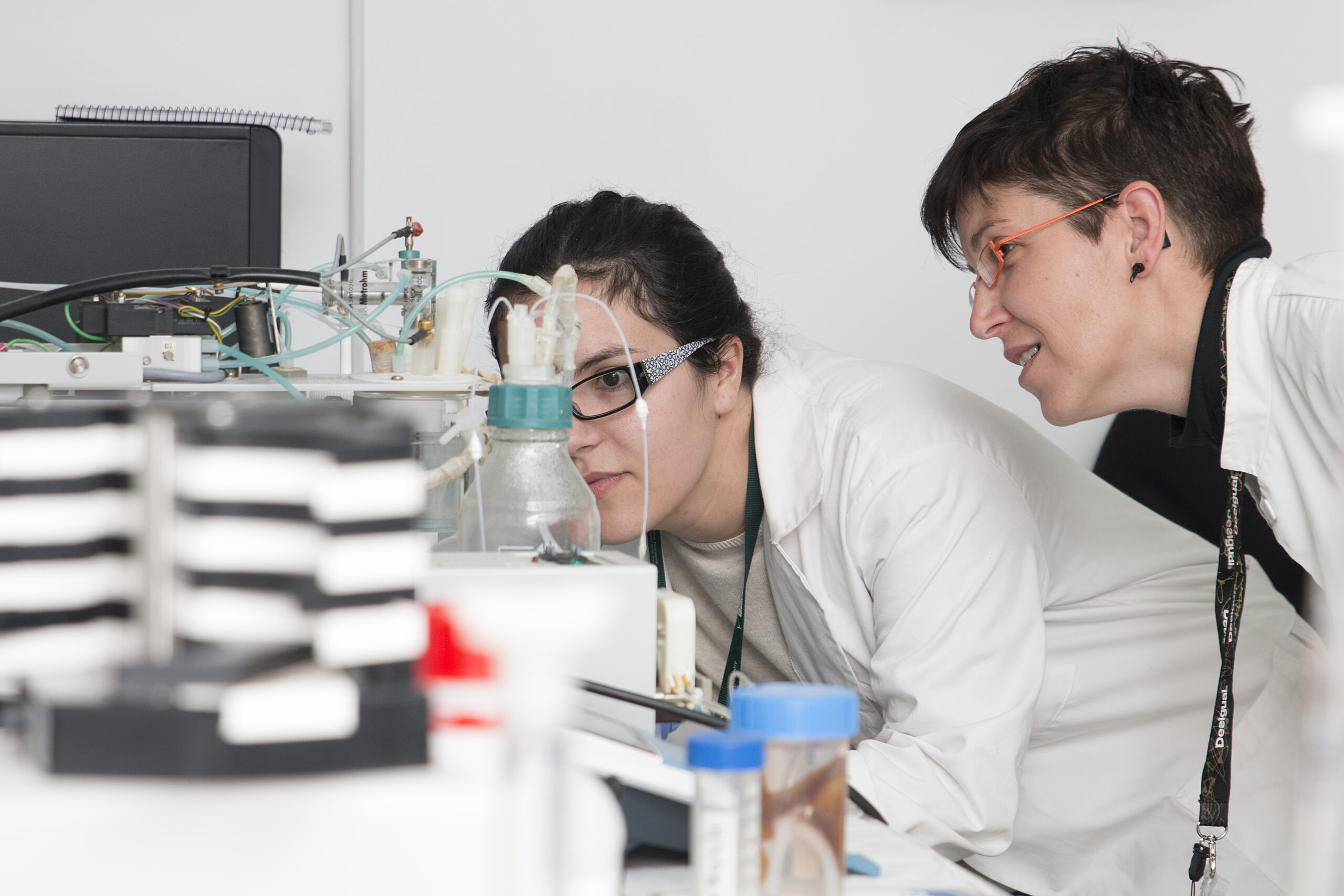Despite statistics showing similar performance of boys and girls in science and mathematics at school, many girls are still not encouraged to study science, technology, engineering or mathematics, the so-called “STEM professions”. The International Day of Women and Girls in Science is celebrated on 11 February with the aim of raising awareness of the work of women in these fields, creating referents to eliminate the gender gap and achieve equality in science. The Secretary-General of the United Nations, António Guterres, states that “Gender equality in science is vital to build a better future for all“. Agrotecnio, committed to these goals, is aware of the situation and is taking action in favour of equal opportunities. In addition, staff from the institution have taken part in the Catalan initiative #100tífiques, which commemorates the same date.
#100tífiques is an initiative of the Catalan Foundation for Research and Innovation (FCRI), the Barcelona Institute of Science and Technology (BIST) and the Department of Education of the Generalitat de Catalunya. On 7 February, several hundred Catalan women scientists took part in the initiative to give simultaneous talks in schools all over Catalonia. Among them was Bàrbara Baraibar, a researcher at Agrotecnio and the University of Lleida specialising in weeds and agroecology, who went to the Escola Enxaneta in Valls on Wednesday. “I think it is important to participate in these initiatives because science is often perceived as something distant for citizens, even more so for children” says Baraibar, who adds that “it is important for them to see women who are dedicated to science so that stereotypes are broken. In addition, I like to contribute to exposing professions they might not even know about, such as agricultural engineering, which no one in my audience on 7 February had ever heard of“.
At the national level, the February 11th Initiative has focused this year on the technology and mathematics sector, one of the STEM fields with the greatest employment prospects but with the lowest representation of women. According to EUROSTAT data for 2020, only 19.8% of people working as technology specialists in Spain are women, compared to 80.2% of men. This figure is even more worrying if we compare it with 10 years ago, as the gap has increased: in 2011, the proportion of men was 79.8% compared to 21.2% of women. The technology sector is not only one of the most prolific, but also permeates all areas of life, including the agri-food sector, which is increasingly benefiting from new technologies thanks to, among others, agro-ICT and precision agriculture.
The road ahead in scientific leadership
At Agrotecnio there are 185 ¡ researchers, 48% of whom are women and 52% men. However, the percentage becomes unbalanced as one moves up the hierarchy. This is a general trend in the Catalan scientific landscape. While at the pre-doctoral stage there are usually more women than men, the percentage is progressively reduced to 24% of women research group leaders in all CERCA centres, according to data recently published in a Catalan newspaper. Despite this, there is a clear intention to reverse the dynamic. Agrotecnio is committed to increasing the presence of women in leadership positions, for which it is developing an equality plan.
“Gender equality is fundamental to achieve better results, both in science and in society” says José Antonio Bonet, director of Agrotecnio. “We are facing global trends that we must strive to reverse, so as not to deprive ourselves of scientific talent, of course, but also because we must dismantle stereotypes and promote equal opportunities”.
More information:

